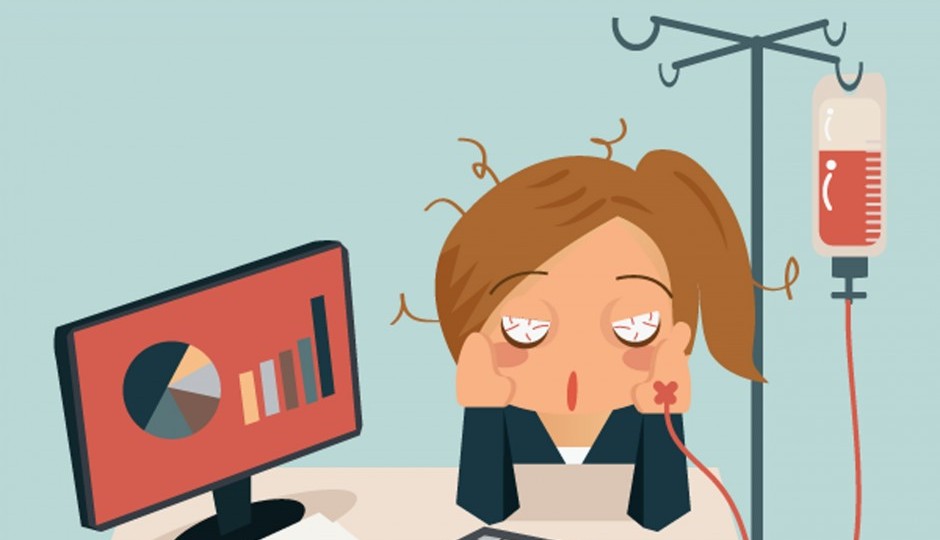Will State Bigfoot Philly on Paid Sick Leave?

Illustration courtesy of Shutterstock.
The debate over mandatory paid sick leave in Philadelphia has been a lively one. Traditional liberals, which includes most of City Council, support paid sick leave. More business friendly Democrats, such as Mayor Nutter, oppose it. Council has twice passed paid sick leave bills, and Nutter has twice vetoed them.
But just when it looked like Nutter and Council were getting close to a compromise on sick leave, two state senators have announced that they plan on introducing a bill that would strip all municipalities from enacting sick leave ordinances. It’s not a coincidence. The bill is explicitly aimed at Philadelphia. The sponsors are Republican Senator John Eichelberger and Democratic Senator Lisa Boscola.
Currently, the City of Philadelphia is moving forward on an ordinance that would require businesses with more than five employees to provide up to 56 hours of paid time off a year, regardless of the type of business or any current policy it may have in place. The 56 hours could be used for nearly any reason. Not all businesses are the same and a blanket policy that does not recognize these differences only hurts small businesses struggling in this current economy. Clearly, the state and federal governments are the appropriate policy makers when labor laws are involved.
Local mandates such as this not only create an uneven playing field for the businesses located inside the municipality, but as more governments jump on board, businesses with more than one location are forced to comply with a variety of different and changing mandates. Twelve states have already passed such preemption bills.
This is the standard argument against piecemeal passage of mandatory sick leave laws: that they give businesses an incentive to move a few miles away to a town without mandatory sick leave. The pro sick leave advocates contend that paid leave would improve public health (imagine the sous chef with a flu), and offers basic protections for working class people who right now may fear losing their jobs to stay at home while recovering from an illness or to care for a sick kid.
It’s a complicated issue, and there are points to consider from both sides. But at least two senators–and, I’d wager, many more–don’t want Philadelphia to settle the question of sick leave for itself. This is, of course, part of a very long and large pattern. Harrisburg periodically usurps the city’s powers or simply takes over its institutions wholesale (the Parking Authority, the school district). Will sick leave become just the latest example?